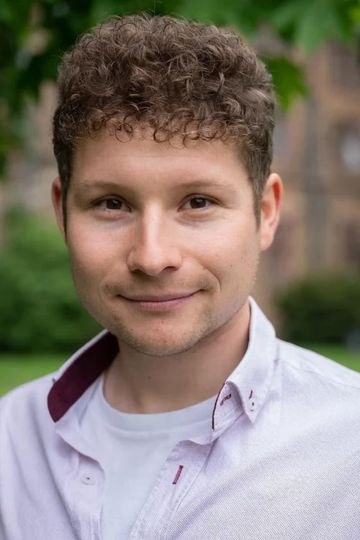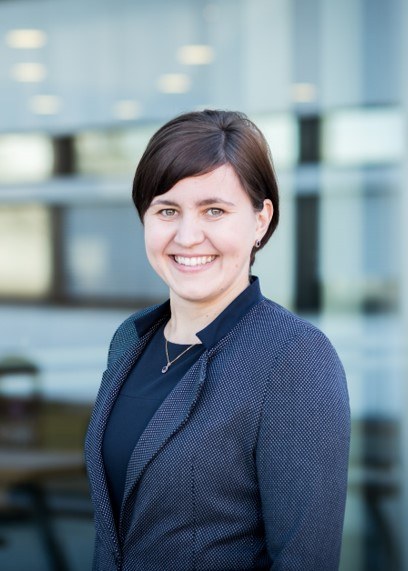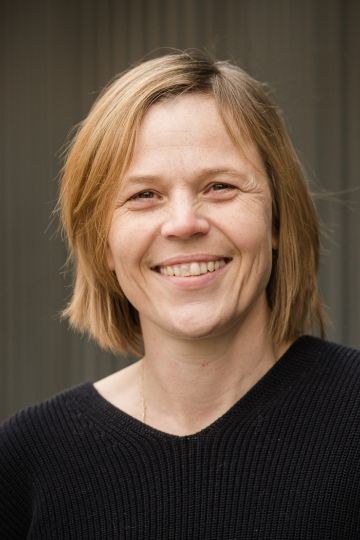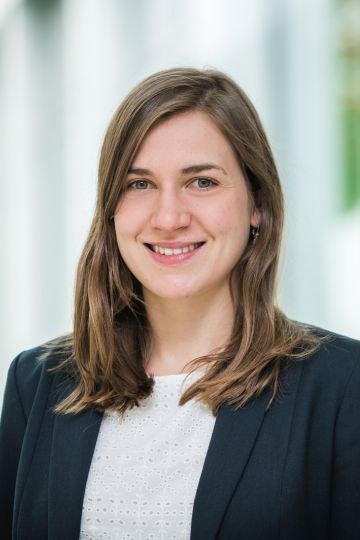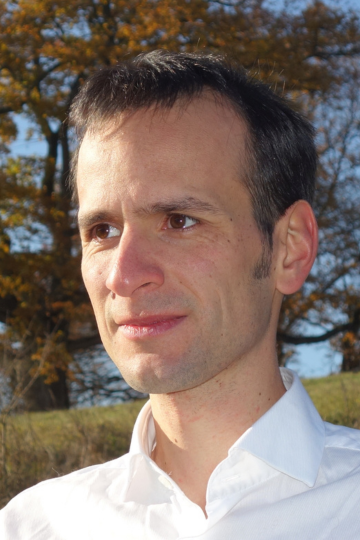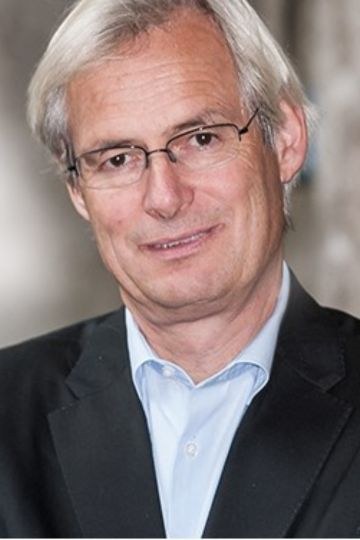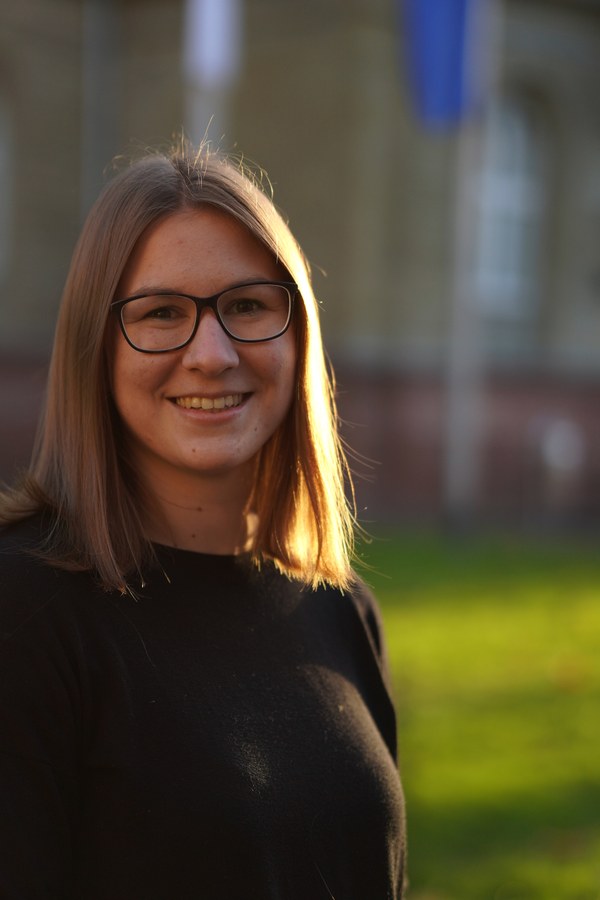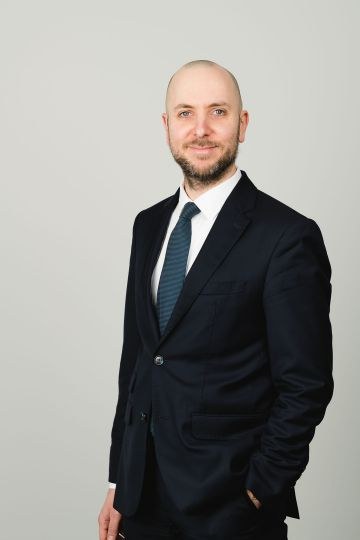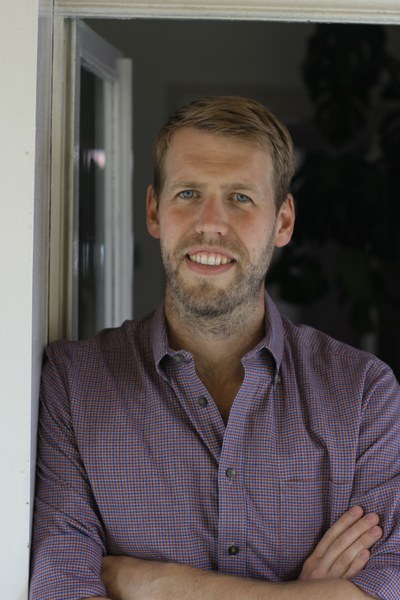Speakers
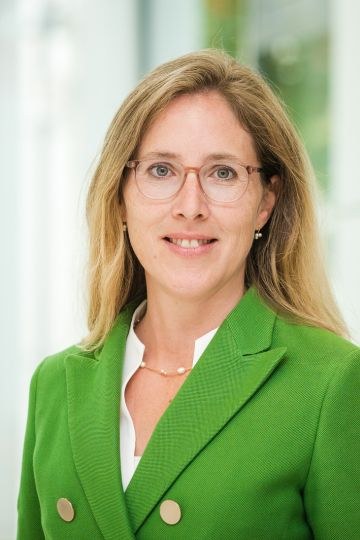
|
Prof. Dr. Christina E. Bannier (Justus Liebig University Gießen) Christina Bannier has held the chair of Banking and Finance at Justus Liebig University Giessen since 2016. Before that she held professorships at the Gutenberg University Mainz, Frankfurt School of Finance & Management, as well as the Leibniz University Hannover. In addition to her academic work, Christina Bannier is a member in several supervisory boards, as well as industry-related working and expert groups on topics of sustainability and governance. She is co-editor of the ESGZ, the Journal of Business Economics, as well as the Global Finance Journal, and she is head of the BMBF-funded cooperative project “SATISFY - Szenarioanalyse als ein Werkzeug für Investor:innen, Unternehmen und Regulatoren auf dem Weg hin zu Klimaneutralität”. The focus areas of her work and research are sustainable finance, corporate governance and compliance, as well as data analytics. |
|
|
Tim Becker, M.Sc. (Justus Liebig University Gießen)
Tim Becker, M.Sc., works as a research assistant at JLU’s institute of geography in the department of economic geography and in the institute’s TRABBI project. His work centres around green technology and ecological innovation, innovation geography, as well as sustainability transition and bio economy with a focus on China.
|
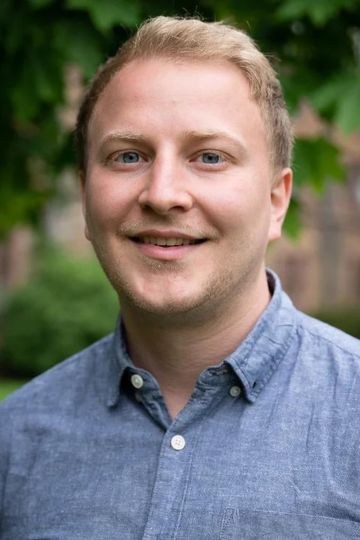
|
Dr. Sebastian Losacker (Justus Liebig University Gießen)
Dr Sebastian Losacker is a group leader at JLU’s institute of geography in the department of economic geography and in the institute’s TRABBI project. His work centres around green technology and ecological innovation, innovation geography, as well as sustainability transition and bio economy.
|
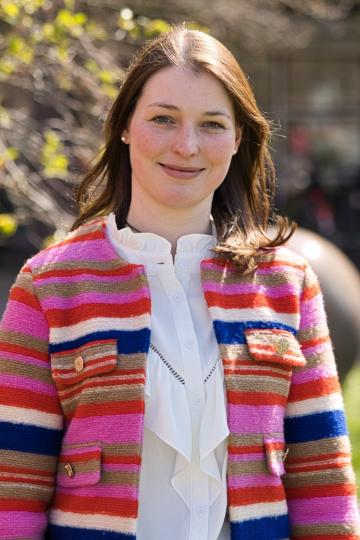
|
Dr. Nadine Husenbeth (University of Bremen ) Dr Nadine Husenbeth is an economist, competitive athlete, and researcher at the University of Bremen at the chair of Professor Dr Georg Müller-Christ. A major focal area of her work lies in the development and testing of innovative teaching scenarios. In her PhD thesis “Der Bremer Geist -Eine systemische Analyse des Narrativs für das Bremer Gründungssystem“ Dr Nadine Husenbeth demonstrated how to successfully conduct a research process based on explorative stances and constellations.
|
|
|
Dr. Magdalena Jas-Nowopolska (Justus Liebig University Gießen) Magdalena Jaś-Nowopolska is a research associate (postdoc) at the Chair of Public Law and International Law at Justus Liebig University in Giessen. She is a partner in a project funded by the German-Polish Science Foundation called "Economics, Finance and Sustainable Development". Her research interests include economic law, energy law, constitutional law, and European law. |
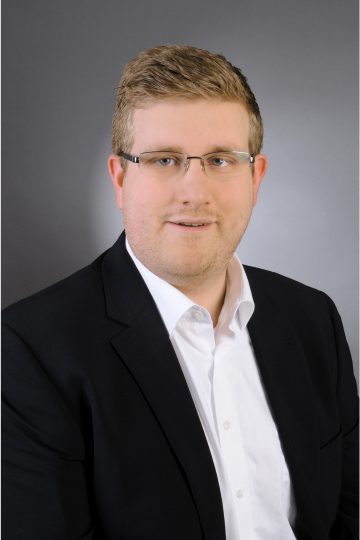
|
Dr. Christoph Funk (Justus Liebig University Gießen) Dr Christoph Funk has worked at JLU Giessen’s Center for International Development and Environmental Research (ZEU) since 2020. He studied macroeconomics in Giessen, at Karlstad University, and at the University of Wisconsin-Milwaukee with a focus on maths and econometry. Following his studies, he did a binational PhD at JLU Giessen and Macquarie University (AUS). His research interests include monitoring of the UN sustainable development goals, effects of climate change on micro- and macrolevels, as well as on text-mining based analysis in the application area of economy.
|
|
|
Prof. Dr. Wencke Gwozdz (Justus Liebig University Gießen) Since 2018, Wencke Gwozdz has held JLU Giessen’s Chair of Consumer Research with a focus on sustainable consumption, health behaviour, and consumer policy, especially in the area of food. She did her PhD in economics at the University of Hohenheim and afterwards spent ten years the Copenhagen Business School in Denmark. Her research revolves around understanding how consumer behaviour affects individuals, the environment, and society, as well as on finding ways to foster changes in consumer behaviour. She specialises in quantitative methods like surveys, diary studies and field experiments, and thanks to her contributions to a variety of European research projects she can draw on a strong interdisciplinary network . |
|
|
Alix Auzepy, M.Sc. (Justus Liebig University Gießen) Alix Auzepy is a research assistant and PhD student at the Chair of Banking & Finance (BWL6). Her research interests include topics such as sustainable finance, ESG, climate risks, and investor behavior. She holds a Master degree (M.Sc.) in finance from Bocconi University and a Master degree of public policy (MPP) from the Hertie School of Governance. Prior to her PhD, she worked at KfW IPEX-Bank, where her positions included portfolio manager and most recently strategy & sustainability officer.
|
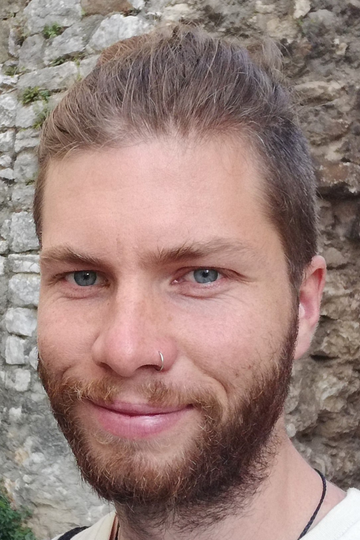
|
Simon Sutterlütti
Simon Sutterlütti has been researching post-capitalist alternatives, commons and social transformation for 12 years. He is co-author of the book "Aufheben Kapitalismus" (2018) and works in the project "Gesellschaft nach dem Geld".
|
|
|
Dr Andreas Gutmann (Field of Expertise: Just Transitions, Kassel Institute for Sustainability, and Institute for Social Sciences, University of Kassel) Studied law in Freiburg and completed his doctoral research at the University of Bremen with the thesis titled "Hybrid Legal Subjectivity, the Rights of 'Nature' or 'Pacha Mama' in the Ecuadorian Constitution of 2008." Following his legal clerkship at the Kammergericht Berlin, with placements at institutions such as the European Center for Constitutional and Human Rights (ECCHR) and the Federal Constitutional Court, he currently works as a postdoctoral researcher at the Kassel Institute for Sustainability at the University of Kassel. |
|
|
Professor Dr Gabriele Britz (Chair of Public Law and European Law, Justus-Liebig University Giessen, former Judge of the Federal Constitutional Court)
Gabriele Britz studied law at Goethe University in Frankfurt am Main and obtained her doctorate in 1993 after passing the first state examination in law. Her dissertation focused on "The Significance of European Community Law for Local Energy Supply with Particular Consideration of Municipal Design Options." In the year 2000, she completed her habilitation in Frankfurt with a work on "Cultural Rights and the Constitution." In 2001, she accepted a professorship at Justus Liebig University Giessen, where she has held the Chair of Public Law and European Law since then. From 2011 to 2023, she served as a judge on the Federal Constitutional Court in the First Senate, with a focus on cases related to family law, environmental law, and data protection law, including the climate protection decision of 2021 (BVerfGE 157, 30). |
|
|
Professor Dr Thomas Heimer (Rhine-Main University)
Prof. Dr. Thomas Heimer (Hochschule RheinMain) studied economics at Johann Wolfgang Goethe University in Frankfurt am Main from 1983 to 1988. Subsequently, he worked as a research assistant in the Department of Economics at Johann Wolfgang Goethe University from 1988 to 1995. He obtained his Ph.D. in 1993 with a thesis on "The Economics of Technology Emergence."
|
|
|
Ulrike Jürschik (Scientific Advisory Board of the German Federal Government on Global Environmental Changes, University of Greifswald)
Ulrike Jürschik is a Research Fellow at the Institute for Environmental, Energy, and Maritime Law. Her recent responsibilities include providing support to Sabine Schlacke in her role as Co-Chair of the Scientific Advisory Board on Global Environmental Changes. Ulrike Jürschik is pursuing her doctoral research on the topic of "Sufficiency and Law" at the University of Münster and is currently completing her legal clerkship at the Münster District Court. |
|
|
Luisa Keßler (Justus-Liebig University Giessen)
After completing her first state law examination in 2022, Luisa Keßler works as a research assistant at the Chair of Public Law and European Law of Prof. Dr Gabriele Britz at Justus Liebig University. In addition to teaching mainly in the field of constitutional law, she is doing her doctorate on the topic of "Sufficiency as a legal principle and its constitutional framework". Since the current winter semester, she has also been a lecturer at the Hessian University of Applied Sciences for Public Management and Security.
|
|
|
Dr Phillipp Lottholz (Philipps University Marburg) Philipp Lottholz is a Research Fellow (Post-Doc) at the Center for Conflict Research at Philipps University Marburg and is also affiliated with the Collaborative Research Center/Transregio "Dynamics of Security." His research interests are at the intersection of peace, conflict, and security studies, encompassing urban activism, peacebuilding, knowledge production, post- and decolonial theory, as well as cooperative, dialogical, and activist research approaches. |
|
|
Dr Franziska Humbert (Oxfam Germany) Franziska Humbert studied law in Heidelberg, London, Bern and Berlin. She obtained her Ph.D. from the Word Trade Institute at the University of Bern with a thesis titeld "The Challange of child Labour in International Law." In 2021, her habilitation thesis on World Trade and Constitutionalism in Interantional Law was accepted by the Faculty of law at the University of Bern. From 2001 to 2003 she worked as a lawyer specializing in labor, media, and competition law. Since 2004, she has been working at the international non-govermental oragnization Oxfam in the field of Business and Human Rights, including topics like the German Supply Chain Due Diligence Act, and she heads the "Just Economics" team there. She conducts research on human rights in supply chains, publishes studies, and collaborates with business and political decisions-makers. She has taught international economic law at the University of Zurich and led several courses on Business and Human Rights at the University of Lüneburg. |
|
|
Dr Christian Richter-Schöller Dr Christian Richter-schöller practices law in banking, capital markets, and insurance law. His particular focus is on ESG (Enviromental, Social, and Governance) law and sustainability law. He is, among other roles, the Co-Leader of the DORDA Sustainability Group and heads a European ESG legal network. His specializations include Sustainable Finance and regulations related to supply chains/ value chains. |
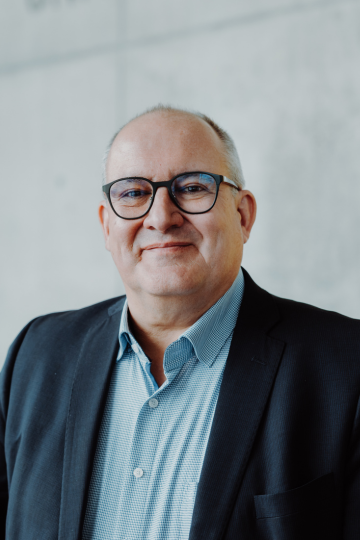
|
Professor Dr Michael Böcher (University of Magdeburg)
Michael Böcher is professor of political science at the department of social sciences at Magdeburg University. His work focuses on sustainability research, e.g. in the areas of climate, environmental, and forestation politics, as well as on knowledge transfer and scientific policy consultation. Additionally, he has been working as a political advisor for institutes inside and outside Germany for more than 15 years. He is a member of the Bioeconomy Council of the German Federal Government and a member of the scientific climate protection council of Sachsen-Anhalt. |

|
Juliana Hilf, M.A./ M.Sc. (University of Magdeburg)
Juliana Hilf studied pedagogics, psychology, and international vocational education. Since 2019 she has worked as a research assistant at Magdeburg University, first at the department of engineering pedagogy, and now at the chair of political science with a focus on sustainable development. She is the coordinator of the university’s sustainability certificate, works at several international projects, as well as teaches and does research on topics related to education concepts for sustainable development. Here, she focuses particularly on competence development and the method of service learning in university level teaching. |
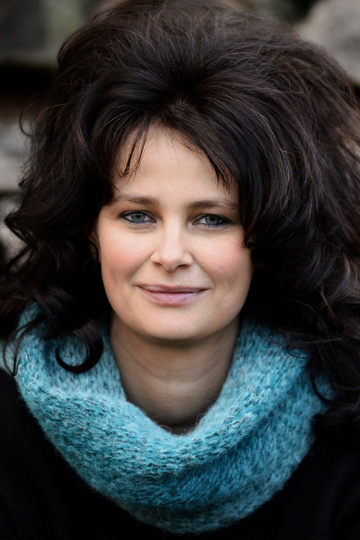
|
Dr Michaela Fink (Justus Liebig University Gießen)
Until the end of 2023, Dr Michaela Fink worked as a researcher at JLU Giessen’s institute of sociology in a three-year research project about “Work force fluctuation in industrialising countries. Textile industry in Ethiopia“ (BMZ, 2020-2022, Head: Professor Dr Reimer Gronemeyer). Before that, she conducted research in Namibia (DFG: vulnerable Kinder) and Malawi (GIZ: Mangelernährung). |
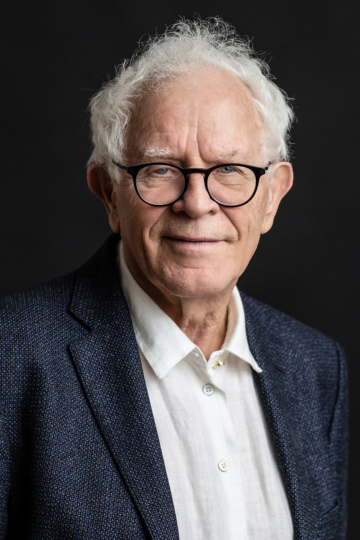
|
Professor Dr Reimer Gronemeyer
(Justus Liebig University Gießen)
Between 2020 and 2022 Professor Dr Reimer Gronemeyer headed a 3-year research project, funded by the Federal Ministry for Economic Cooperation and Development, at JLU’s department of sociology, wherein causes for the massive workforce fluctuation in the Ethiopian textile industry were examined. Currently, he is heading a research project on “Demenz und gesellschaftliche Teilhabe (Dementia and social participation)” (DFG, 2023-2025). |
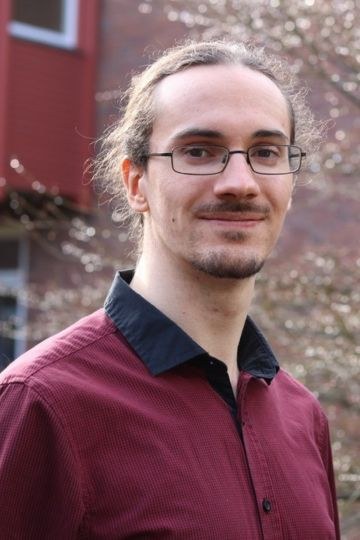
|
Jakob Lundgren, PhD (University of Gothenburg, Sweden)
Jakob Lundgren is a researcher in Theory of Science. His research interests include boundary crossing in science and the relation between science and the broader society. His thesis investigates collaborative judgments of scientific quality in transdisciplinary contexts.
|
|
|
Professor Dr Daniel Mertens (University of Osnabrück)
Daniel Mertens is Professor of International Political Economy at the University of Osnabrück. His research interests include the social dimensions of climate finance in the Climate Finance Society project network, the political economy preconditions of decarbonization, and the European Green Deal. He is, among other things, co-author of a new textbook "Political Economy" (Springer 2023) and a volume on the role of investment banks in European industrial policy (Oxford 2021). |
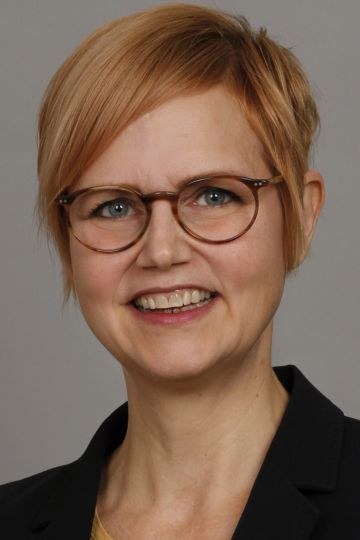
|
Dr Sandra Schwindenhammer (Justus-Liebig University Gießen)
Dr Sandra Schwindenhammer is the deputy coordinator and sub-project leader of the BMBF funded research project “SUSKULT: Entwicklung eines nachhaltigen Kultivierungssystems für Nahrungsmittel resilienter Metropolregionen“ (https://suskult.de/) at JLU Giessen’s department of social sciences. She is the spokesperson for the working group „Umweltpolitik und Global Change“ of the German Political Science Association and her research focuses on topics of sustainability transformation and norms (Sustainable Development Goals), (urban) agricultural systems of the future, as well as sustainability, nutrition and agriculture politics. |
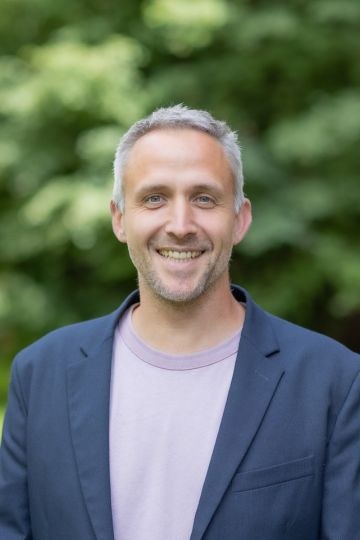
|
Professor Dr Stefan Wahlen (Justus-Liebig University Gießen)
Stefan Wahlen is professor of food sociology at Justus Liebig University Giessen. He studied Food and Household Studies at the University of Bonn and did his PhD at the Chair of Consumer Economics at Helsinki University (Finland). Following this, he worked at the chair for Sociology of Consumption and Households at Wageningen University (NL). His research focuses on sustainable food culture and eating in the sense of doing food, as well as on as well as organisational and socio-political dimensions of sustainable food systems, e.g. the influence of social movements. |
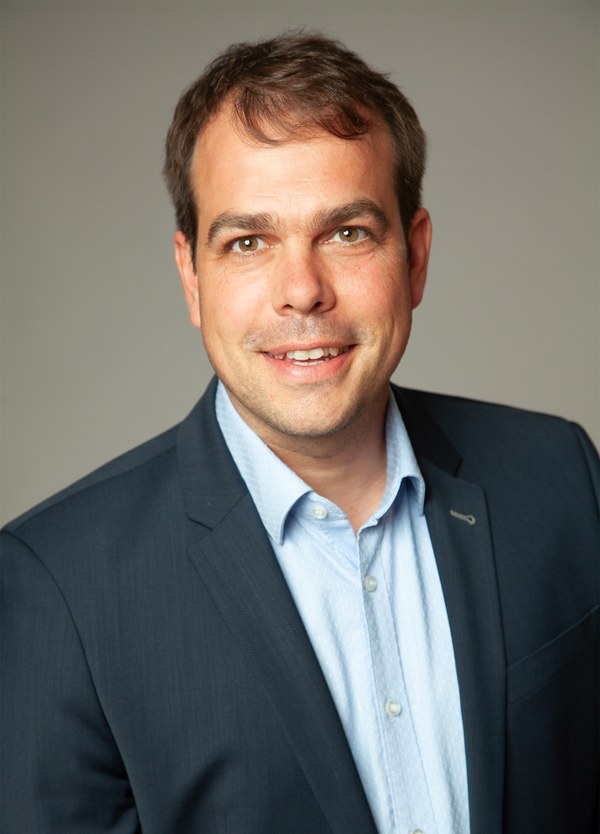
|
Dr Benjamin Bunk (Justus-Liebig University Giessen)
Benjamin Bunk holds a PhD in educational science on the subject of "Formation of the Self and Social Movements" at the interface to sociology and political science (FSU Jena), was a junior fellow at the Max Weber Centre for Advanced Cultural and Social Studies (University of Erfurt) and ventured with a Feodor Lynen research scholarship for research and field stays to Brazil (sociology) and Finland (political science) about urban waste-picker and rural landless communities. He is currently working in the interdisciplinary DFG research group “Human Rights Discourse in Migration Societies” (MeDiMi) as a research assistant at the Chair of in educational science and youth studies (JLU Gießen). Benjamin Bunk is engaged in Thuringia in the On-World-Context since a long time, was active in various education policy committees there and is currently a juror for the UN Decade "Education for Sustainable Development" of the German UNESCO Commission. |

